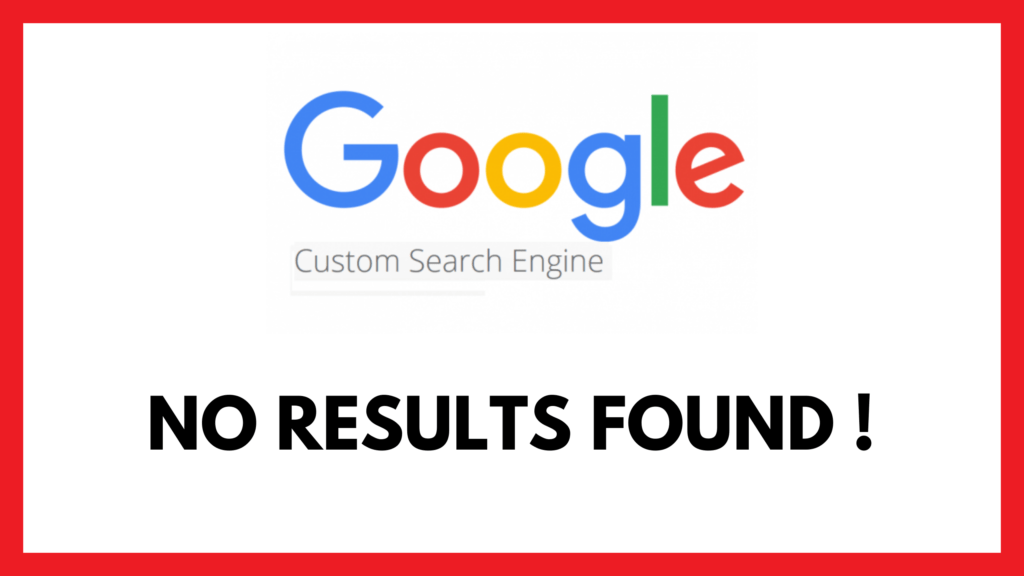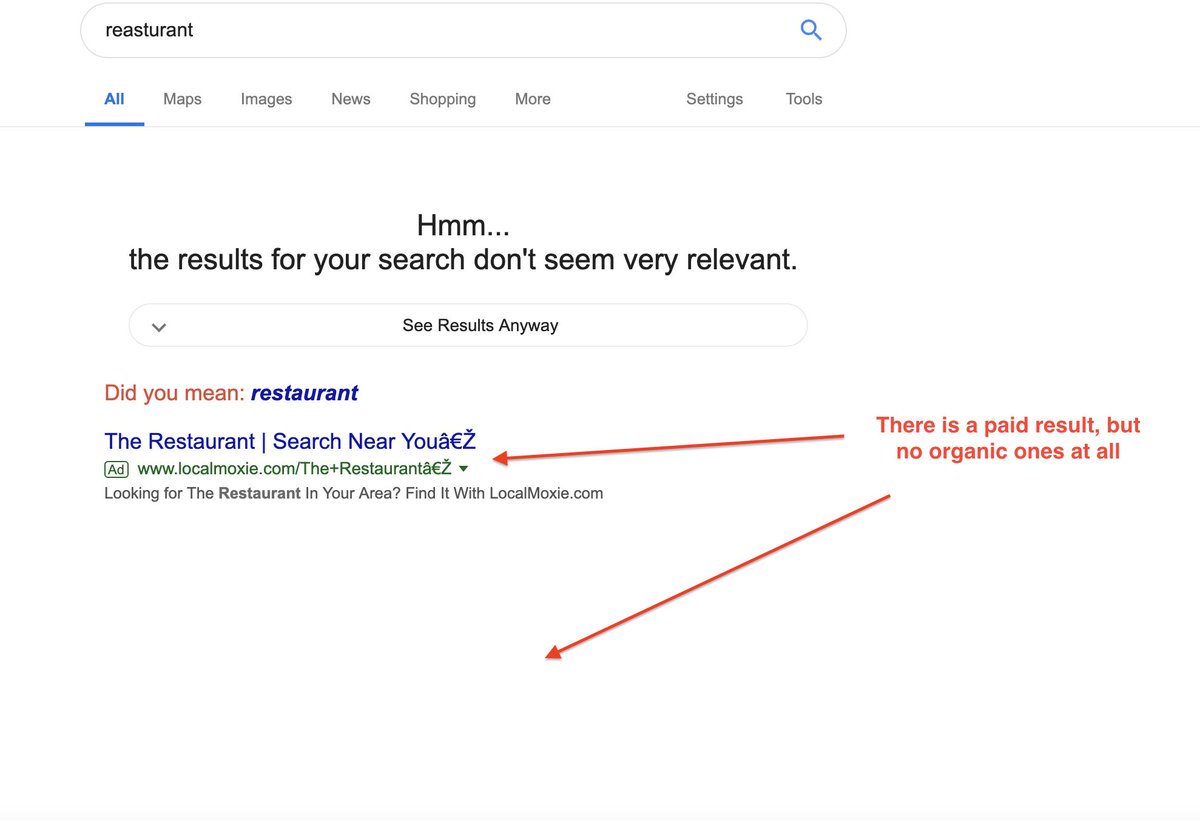Is your Google search suddenly acting up? Don't panic, there are solutions! A malfunctioning search engine can feel like losing a limb in the digital age, but understanding the common culprits and their fixes can quickly restore your online access.
The ubiquitous Google search engine, a gateway to a vast ocean of information, occasionally stumbles. When it does, frustration mounts. Diagnosing the problem is the first step, and often, the issue lies outside Google's direct control, residing instead within your own network, device, or settings. Before assuming a widespread outage, a bit of personal troubleshooting can save considerable time and worry.
| Issue | Description | Troubleshooting Steps |
|---|---|---|
| Suspected Google Outage | Google services may be experiencing a temporary disruption. | Visit the Google Workspace Status Dashboard or check social media for reports from other users. If confirmed, patiently wait for Google's team to resolve the issue. |
| DNS Issues | Domain Name System (DNS) problems can prevent your computer from correctly translating website names into IP addresses. | Update your DNS settings. This can improve browsing speed and fix "Google Search Not Working" errors. To change your DNS settings:
|
| Firewall or Antivirus Interference | Security software might mistakenly block access to Google services. | Check your firewall and antivirus settings to ensure they are not blocking Google. Temporarily disable these programs to see if it resolves the issue (remember to re-enable them afterward). |
| Browser Issues | Browser extensions, cached data, or cookies can sometimes interfere with Google search. | Try using Google's services in incognito or private browsing mode. If it works, clear your browser's cache, cookies, and disable extensions. |
| Connectivity Problems | Unstable internet connection can prevent Google Search from working. | Reconnect to the network and check if you can access Google Search. If Google wont display search results, make sure the internet is working by performing a network restart. Also, use speed testing websites to check the network speed. |
| Google App Issues | If you dont get search results in the Google app, you might need to change some settings. | Go to the app settings and reset to default. Check if you have the latest app version on your Android phone or tablet. |
| Windows Search Issues | Problems with Windows search functionality can affect the performance of Google Search. | Use the Windows Search and Indexing Troubleshooter to try to fix any problems that might arise. The troubleshooter resets Windows Search to the default experience. |
| Google Search Console Errors | Issues with Google Search Console can prevent your website from appearing in Googles search results as expected. | Check your index coverage report for pages labeled excluded or discovered but not indexed. Look for unexpected noindex directives in your code and submit a proper sitemap to aid discovery. |
Google itself provides resources to help users troubleshoot issues. Visiting their dedicated troubleshooting pages is a good starting point. These pages often offer step-by-step guides and explanations for common problems. Remember, Google's primary aim is to provide a seamless search experience, so they actively maintain resources to assist users.
- Remembering Mark Williams Father Brown Actor Dies Legacy Tributes
- Mr Beans Fortune Rowan Atkinsons Net Worth In 2025 Revealed
One frequent culprit is DNS (Domain Name System) issues. The DNS translates domain names (like google.com) into IP addresses, which computers use to locate each other. If your DNS server is malfunctioning or slow, it can impede your ability to access Google search. Changing your DNS settings can sometimes resolve these issues, leading to a noticeable improvement in browsing speed. Public DNS servers, such as those offered by Google (8.8.8.8 and 8.8.4.4) or Cloudflare (1.1.1.1), are often reliable and fast alternatives to your Internet Service Provider's (ISP) default DNS servers.
Configuring your DNS settings is relatively straightforward. The exact steps vary depending on your operating system, but generally involve accessing your network settings, locating the DNS server settings, and entering the preferred DNS server addresses. Numerous online guides provide detailed instructions for various operating systems and devices. This simple change can sometimes be the key to unlocking a smoother Google search experience.
Firewall and antivirus software, while essential for security, can sometimes inadvertently block access to Google services. These programs operate by filtering network traffic, and occasionally, they might misidentify Google's traffic as malicious. Temporarily disabling your firewall or antivirus software (with caution, and remembering to re-enable it afterward) can help determine if it's the source of the problem. If disabling the software resolves the issue, you'll need to adjust its settings to allow Google's traffic through.
- Discover Cottleville A Dynamic Golf Cartfriendly City
- Faint Line On Pregnancy Test What It Really Means Insights Tips
Your browser itself can also be a source of Google search problems. Browser extensions, cached data, and cookies can sometimes interfere with the search engine's functionality. Trying Google's services in incognito or private browsing mode can help diagnose these issues. Incognito mode disables extensions and prevents the browser from using cached data or cookies. If Google search works correctly in incognito mode, it suggests that an extension or accumulated browser data is the cause of the problem. Clearing your browser's cache, cookies, and disabling extensions can then resolve the issue.
Sometimes, the problem isn't with Google itself, but with your internet connection. An unstable or slow connection can prevent Google search from working properly. Reconnecting to your network or restarting your modem and router can often resolve these connectivity issues. Using online speed testing websites can also help you assess your internet speed and identify any potential bottlenecks. A stable and reasonably fast internet connection is essential for a smooth Google search experience.
For those using the Google app on mobile devices, specific settings within the app might be causing problems. If you're not getting search results in the Google app, checking and adjusting these settings can be helpful. Ensuring that you have the latest version of the app installed is also important, as updates often include bug fixes and performance improvements.
Another area to consider is the Google Search Console (GSC), a free tool that helps website owners monitor their website's performance in Google search. GSC provides valuable insights into how Google crawls and indexes your website. It can help identify problems that prevent your website from appearing in Google's search results, such as errors in your site's code or issues with its sitemap. Regularly checking your GSC account and addressing any identified issues is crucial for maintaining your website's visibility in Google search.
Specifically, the index coverage report within GSC is particularly useful. This report shows which pages on your website have been indexed by Google and which pages have been excluded. If you find pages labeled "excluded" or "discovered but not indexed," it indicates that Google is having trouble indexing those pages. This could be due to a variety of reasons, such as a "noindex" directive in your code (which tells Google not to index the page), problems with your site's structure, or issues with Google's crawling of your website. Addressing these issues can improve your website's visibility in Google search.
Submitting a proper sitemap to Google is also essential for helping Google discover and index your website's pages. A sitemap is an XML file that lists all the pages on your website and provides information about their structure and content. Submitting a sitemap to Google through GSC helps Google crawl your website more efficiently and ensures that all your important pages are indexed. Keeping your sitemap up-to-date is crucial, especially when you add new pages to your website.
If you suspect that a particular webpage is having problems, try opening it in a different browser, such as Firefox or Safari. This can help determine if the issue is specific to your primary browser (e.g., Chrome). If the page works in another browser, it suggests that the problem lies with your primary browser, and you can try clearing its cache, cookies, or disabling extensions to resolve the issue.
The infamous "We did not find results for" message can be a source of frustration. Often, this message simply indicates a typo in your search query. Double-checking your spelling and trying alternative keywords can often resolve the issue. However, in some cases, the message might indicate a deeper problem, such as a temporary issue with Google's search index or a problem with the website you're trying to find.
In the event of widespread Google service disruptions, the Google Workspace Status Dashboard provides up-to-date information on the status of various Google services. This dashboard is a valuable resource for determining if the problems you're experiencing are due to a known issue on Google's end. If the dashboard indicates an outage, the best course of action is to wait for Google's team to resolve the problem.
If you've exhausted all the troubleshooting steps and are still experiencing problems, the Google Search Help Community is a valuable resource. This online forum allows you to post your issue and receive assistance from other users and Google experts. When posting in the forum, be sure to provide detailed information about the problem you're experiencing, the troubleshooting steps you've already tried, and any relevant error messages. The more information you provide, the better able the community will be to assist you.
Issues with Windows search can sometimes indirectly impact Google search performance. The Windows Search and Indexing Troubleshooter is a built-in tool that can help diagnose and fix problems with Windows search. Running this troubleshooter can sometimes resolve issues that are affecting Google search, particularly if you're using Google search within a Windows environment.
Even after resolving immediate problems, it's worth considering long-term website health and crawlability. Website owners should prioritize factors like content quality, relevance, user experience, and authority to improve their search ranking. Google's algorithm analyzes these factors to determine the ranking of search results, so optimizing your website for these factors can lead to better visibility in Google search.
Understanding why Google might limit search results is also helpful. Google aims to prevent information overload by filtering out less relevant results and maintaining high quality. This ensures that the information you receive is more likely to be useful. Google may also limit or demote results to maintain high quality, so focusing on creating high-quality content can help ensure that your website's pages are not limited or demoted.
Its also worth noting that large websites often face unique crawling and indexing challenges. Managing crawl budget (the number of pages Googlebot will crawl on your site within a given timeframe) becomes crucial. Strategies like managing faceted navigation URLs and asking Google to recrawl URLs can help optimize the crawling process and ensure that all important pages are indexed.
Finally, providing feedback to Google about search results is valuable. On the right of a search result, you can click "More" and then "Feedback" to enter a description of the issue. Highlighting the part of the page you want to send feedback about is also an option. This feedback helps Google improve its search algorithms and provide more relevant and accurate results.
- Megan Is Missing True Story Disturbing Details Where To Watch
- The Eduardo Saverin Story From Facebook Founder To Billionaire

